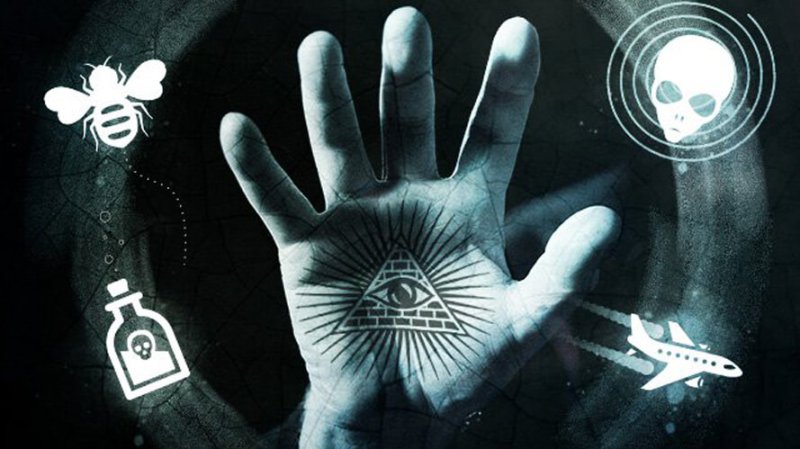Podcast: Play in new window | Download
Subscribe: RSS
Join geneticist Kevin Folta and GLP editor Cameron English on this episode of Science Facts and Fallacies as they break down these latest news stories:
As the COVID-19 pandemic proceeds, many American are embracing coronavirus conspiracy theories to make sense of a chaotic situation over which they have no control. The problem is compounded by the fact that people with conspiratorial leanings already distrust government and believe politicians are weaponizing the virus for ideological reasons. Communicating sound science to a skeptical public under these conditions is a trying task, but newly minted physician Yoo Jung Kim says its doable if people’s concerns are validated and their values respected.

Under Fidel Castro’s iron rule Cuba expressly outlawed genetically engineered seeds, a technology the deceased dictator viewed as the product of America’s corrupt capitalist system. But times have changed on the tiny island nation. Facing food shortages exacerbated by the coronavirus pandemic, Cuba’s leadership in July established a commission to encourage farmers, who have long been unable to grow enough food for the country, to embrace biotechnology. The story painfully illustrates what happens when “a nation [scrambles] to make up for the shortcomings of a command-and-control economic system,” says New Jersey farmer John Rigolizzo, Jr.
- Viewpoint: GMO mosquitoes illustrate how and why science should confront ‘nature’s mindless dangers’
Blood-sucking mosquitoes that vector deadly pathogens like Zika, West Nile, dengue and malaria may be the most dangerous animals that have ever existed. In 2018, for example, malaria alone killed more than 400,000 people. Scientists have genetically engineered mosquitoes that can breed with their disease-spreading relatives and crash their populations, preventing all sorts of human suffering as a result. Yet biotech skeptics vehemently oppose the release of GM mosquitoes on the grounds that they’re unnatural.
While the engineered bugs are indeed laboratory creations, “the back-to-nature crowd tends to forget that ‘nature’ isn’t some benevolent caretaker that keeps our best interests at heart,” writes St. Louis Post Dispatch contributor Kevin McDermott. Nature, though the source of much beauty, is also the creator of many “mindless dangers” that can and should be confronted by the latest scientific advances.
Subscribe to the Science Facts and Fallacies Podcast on iTunes and Spotify.
Kevin M. Folta is a professor in the Horticultural Sciences Department at the University of Florida. Follow Professor Folta on Twitter @kevinfolta
Cameron J. English is the GLP’s managing editor. BIO. Follow him on Twitter @camjenglish
































